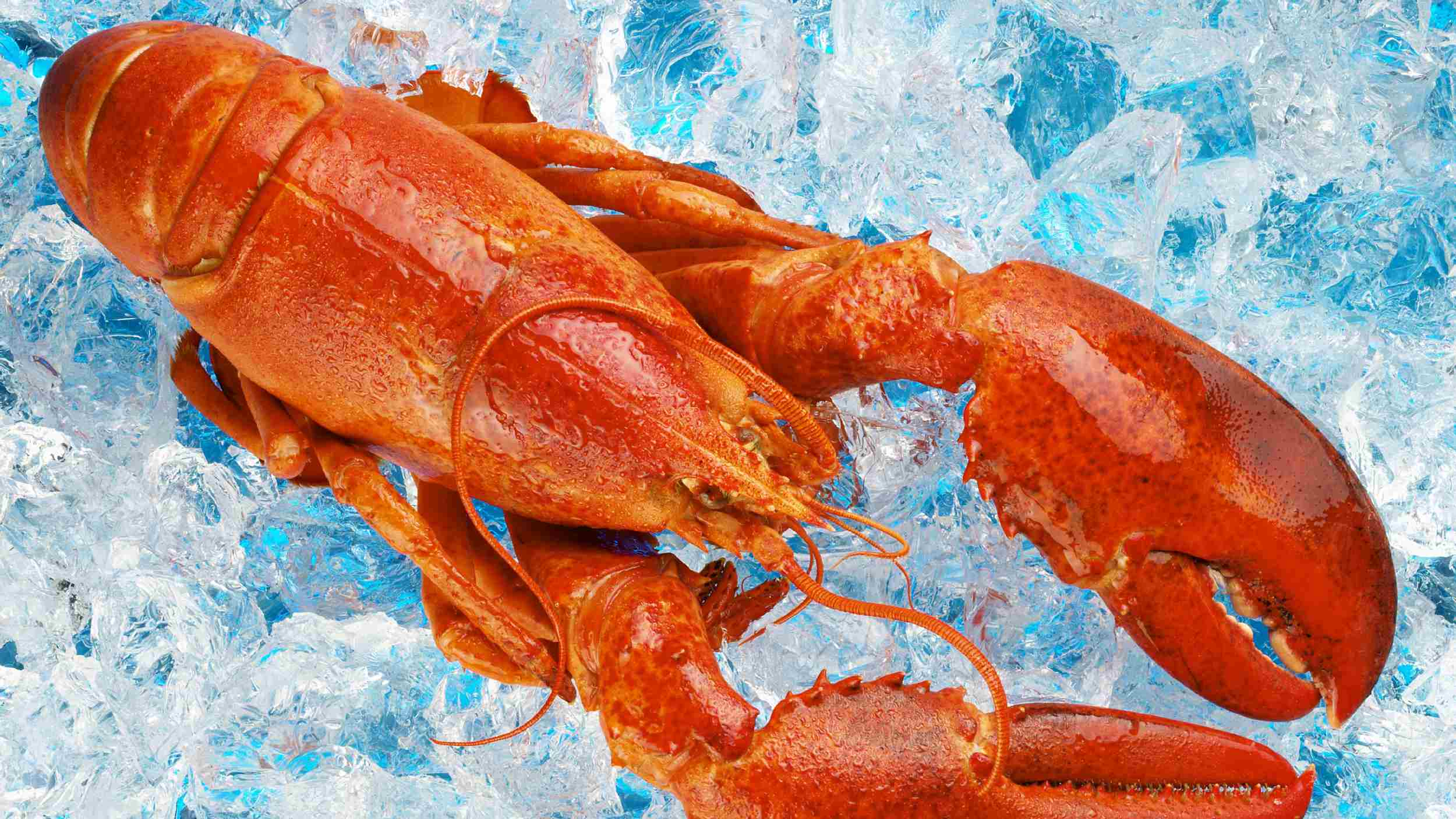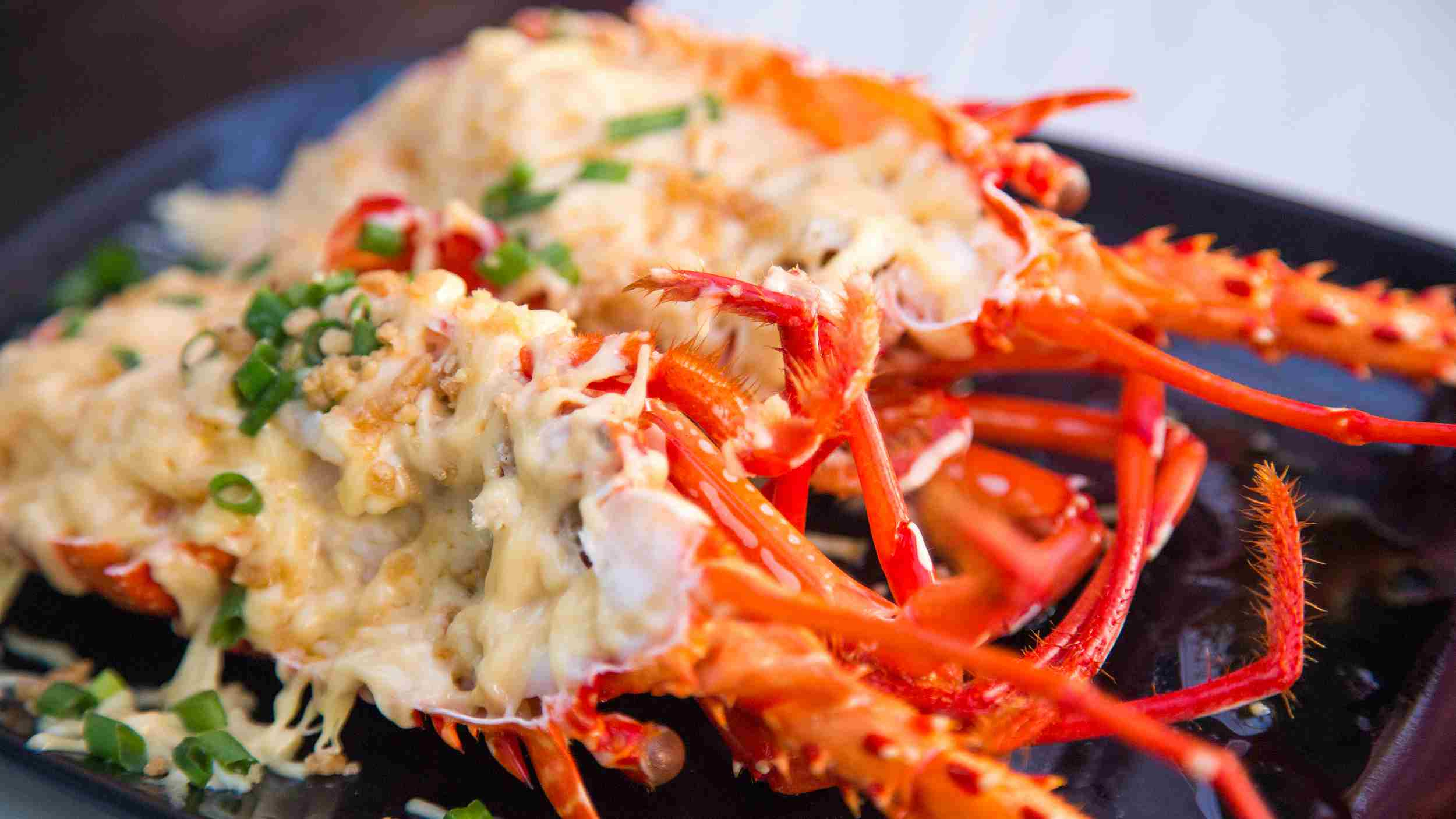
Business
12:26, 06-Jan-2019
New Zealand's largest lobster exporter weighing China's online market
Updated
12:04, 09-Jan-2019
CGTN

New Zealand's largest lobster exporter said on Sunday it is ready to deliver directly to Chinese homes as part of its strategy to explore China's online market.
As New Zealand's must-eat seafood, Kiwi lobster is considered the sweetest tasting and most succulent variety available and is the "lobster of choice" at the Chinese dinner table.
Andrew Harvey, group general manager of Fiordland Lobster Company, New Zealand's largest exporter of live rock lobster, said on Sunday that the company will explore China's digital channels in 2019.
Last year, the company's live lobsters were available in retail stores of Hema, Alibaba's new offline retail store in China, Harvey said, adding that they will be sold directly through the company's own online connections with Chinese consumers in 2019.
"There's a lot of work to be done understanding what our Chinese customers want from us in this channel, and we're looking forward to it," he told Xinhua.
The Fiordland Lobster Company contracts suppliers in Fiordland and other parts of New Zealand to provide catches of New Zealand red lobster for export to China and other key markets under the KiwiLobster brand, he said.

Chinese demand for lobster is at an all-time high. /VCG Photo
Chinese demand for lobster is at an all-time high. /VCG Photo
"Live southern rock lobsters have been a very traditional business: wild lobsters are caught along remote coastlines, flown to the live seafood markets of China, and presented at celebrations in high-end seafood restaurants," he added.
The company started to export to China in the 1990s. It currently has annual lobster catches of about 1,000 tons, mainly catering to the Chinese market. According to Harvey, this is the strict quota set by the New Zealand government and must not be exceeded so as to promote the sustainable development of New Zealand's fishery industry and protect the marine ecosystem.
China is New Zealand's largest export market for lobsters, Harvey said, adding that wealthy lobster consumers are mainly from southern Chinese cities such as Shenzhen and Guangzhou where seafood consumption is traditionally large.
Helicopters and insulated trucks are used to fly live lobster from the depots to one of the company's five export packing factories in New Zealand in order to keep the lobsters fresh, Harvey said.
Kiwi lobsters cannot be bred artificially and must be caught in remote sea areas, he said.
Source(s): Xinhua News Agency

SITEMAP
Copyright © 2018 CGTN. Beijing ICP prepared NO.16065310-3
Copyright © 2018 CGTN. Beijing ICP prepared NO.16065310-3